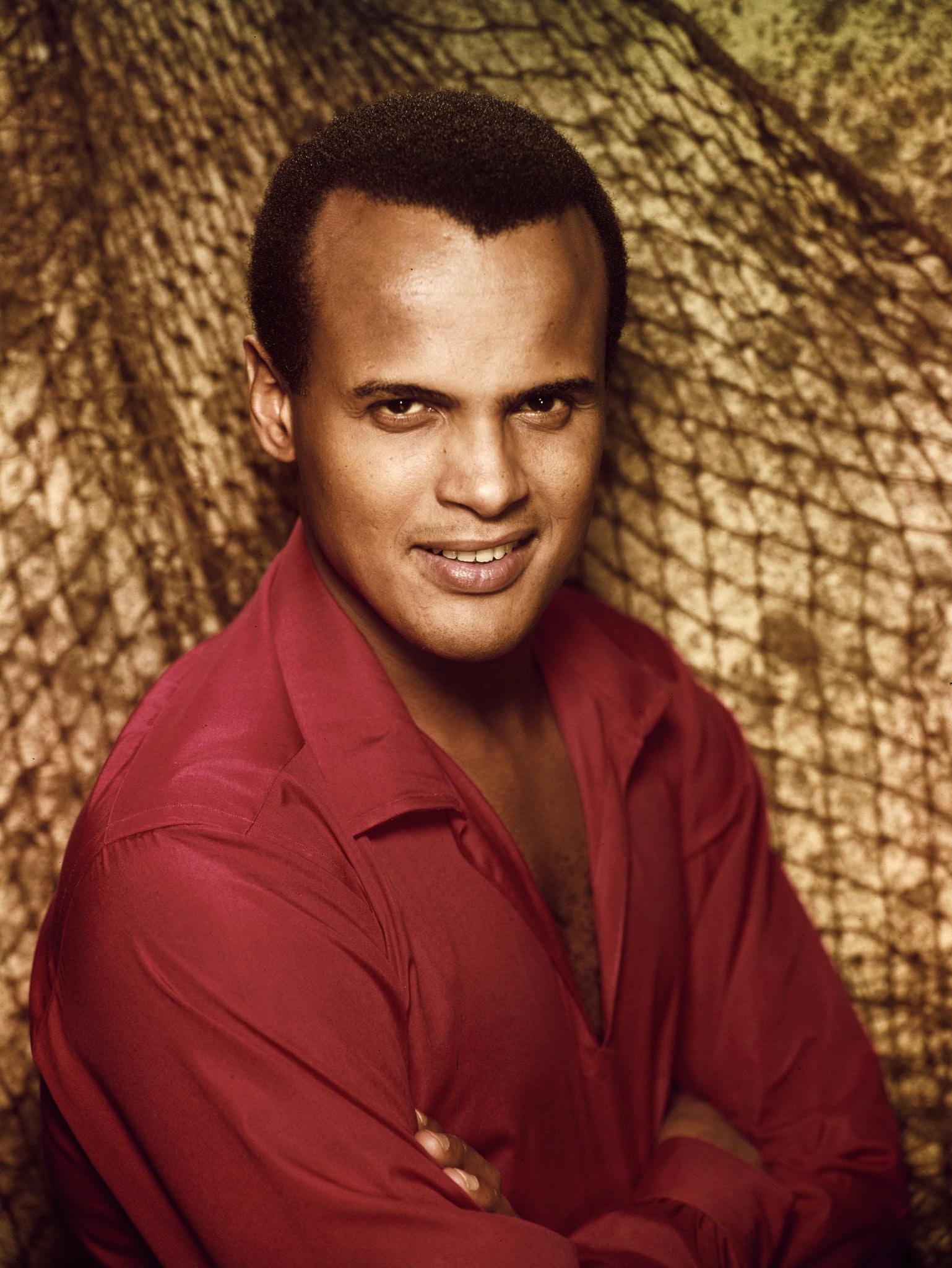
4 minute read
HARRY BELAFONTE
On April 25, EGOT honoree, Harry Belafonte, legendary singer, actor, producer, civil rights activist, humanitarian, husband and father passed away after years of being the epitome of black excellence. Mr. Belafonte’s impact and contributions to society will be felt for years to come.
Belafonte popularize calypso music and he earned his career breakthrough with the. album Calypso (1956), which was the first million-selling LP by a single artist.
Advertisement
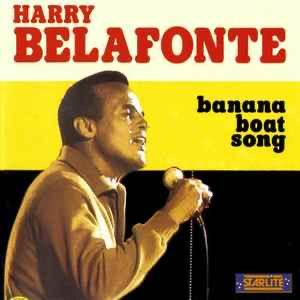
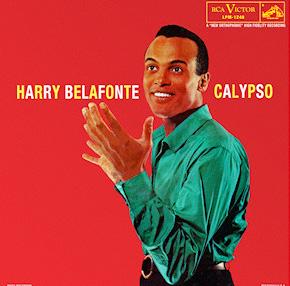
Belafonte's breakthrough album Calypso became the first LP in the world to sell more than 1 million copies within a year. He stated that it was the first million-selling album ever in England. The album is number four on Billboard's "Top 100 Album" list for having spent 31 weeks at number 1, 58 weeks in the top ten, and 99 weeks on the U.S. chart.
One of the songs included in the album is the now famous "Banana Boat Song" (listed as "Day-O" on the Calypso LP), which reached number five on the pop chart, and featured its signature lyric "Day-O".
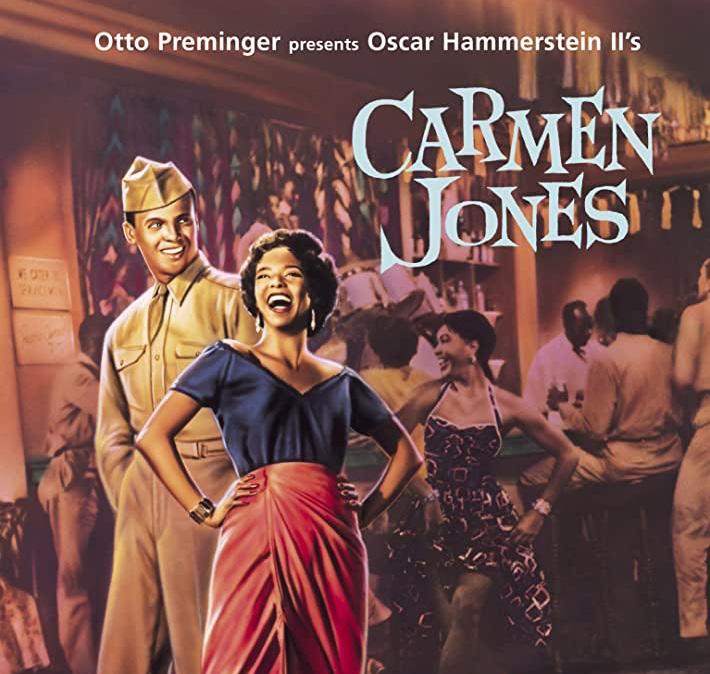
Belafonte starred in numerous films. His first film role was in Bright Road (1953), in which he supported female lead Dorothy Dandridge. The two subsequently starred in Otto Preminger's hit musical Carmen Jones (1954). Ironically, Belafonte's singing in the film was dubbed by an opera singer, as was Dandridge's, both voices being deemed unsuitable for their roles.
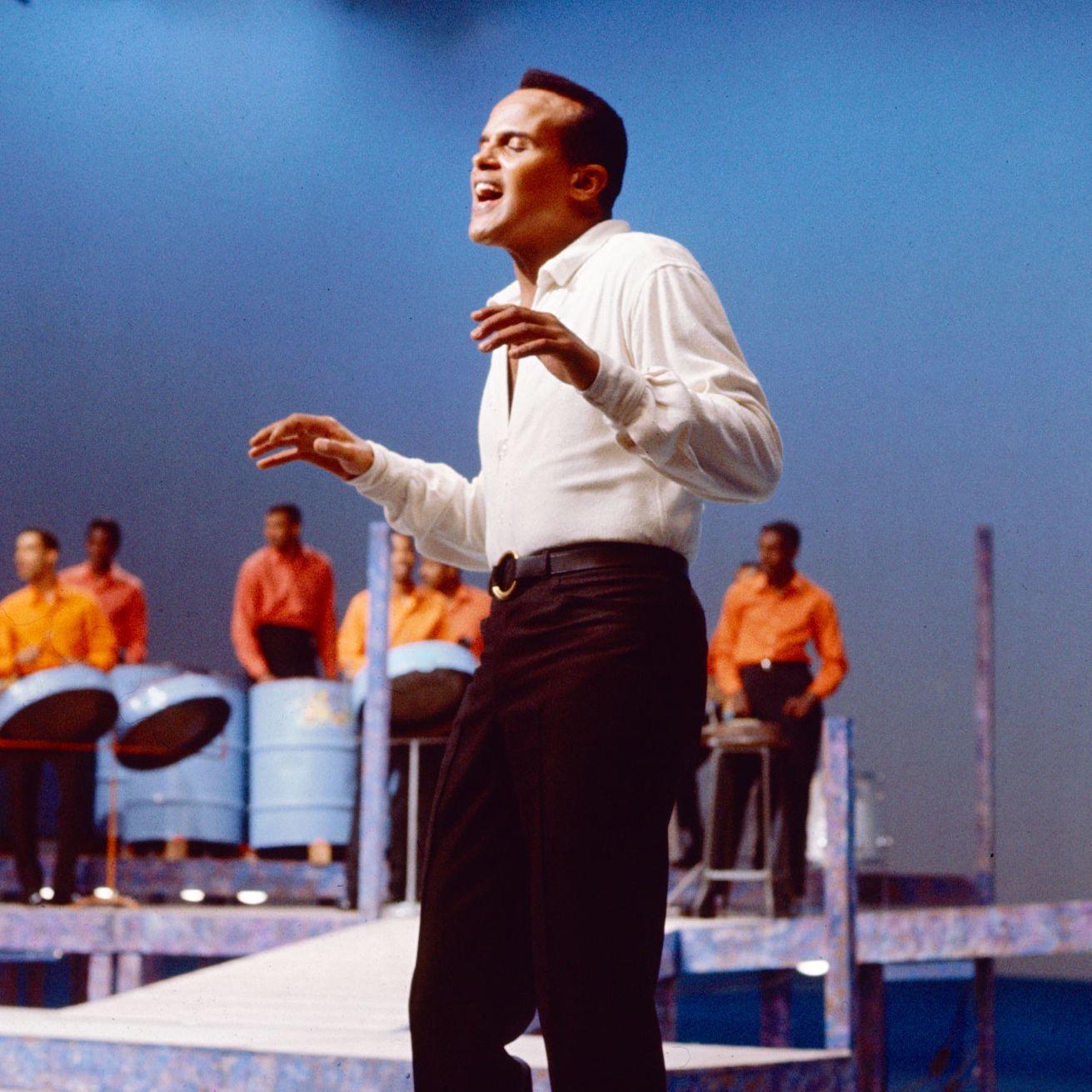
Using his star clout, Belafonte was subsequently able to realize several thencontroversial film roles. In 1957's Island in the Sun, there are hints of an affair between Belafonte's character and the character played by Joan Fontaine. The film also starred James Mason, Dandridge, Joan Collins, Michael Rennie, and John Justin. In 1959, he starred in and produced, through his company HarBel Productions, Robert Wise's Odds Against Tomorrow, in which he plays a bank robber uncomfortably teamed with a racist partner (Robert Ryan). He also co-starred with Inger Stevens in The World, the Flesh and the Devil. Belafonte was offered the role of Porgy in Preminger's Porgy and Bess, where he would have once again starred opposite Dandridge, but refused the role because he objected to its racial stereotyping; Sidney Poitier played the role instead.
Dissatisfied with most of the film roles offered to him during the 1960s, Belafonte concentrated on music. In the early 1970s, Belafonte appeared in more films, among which are two with Poitier: Buck and the Preacher (1972) and Uptown Saturday Night (1974). In 1984, Belafonte produced and scored the musical film Beat Street, dealing with the rise of hiphop culture. Together with Arthur Baker, he produced the gold-certified soundtrack of the same name. Belafonte next starred in a major film in the mid-1990s, appearing with John Travolta in the race-reverse drama White Man's Burden (1995). His final film appearance was in Spike Lee's Academy Awardwinning BlacKkKlansman (2018) as an elderly civil rights pioneer.
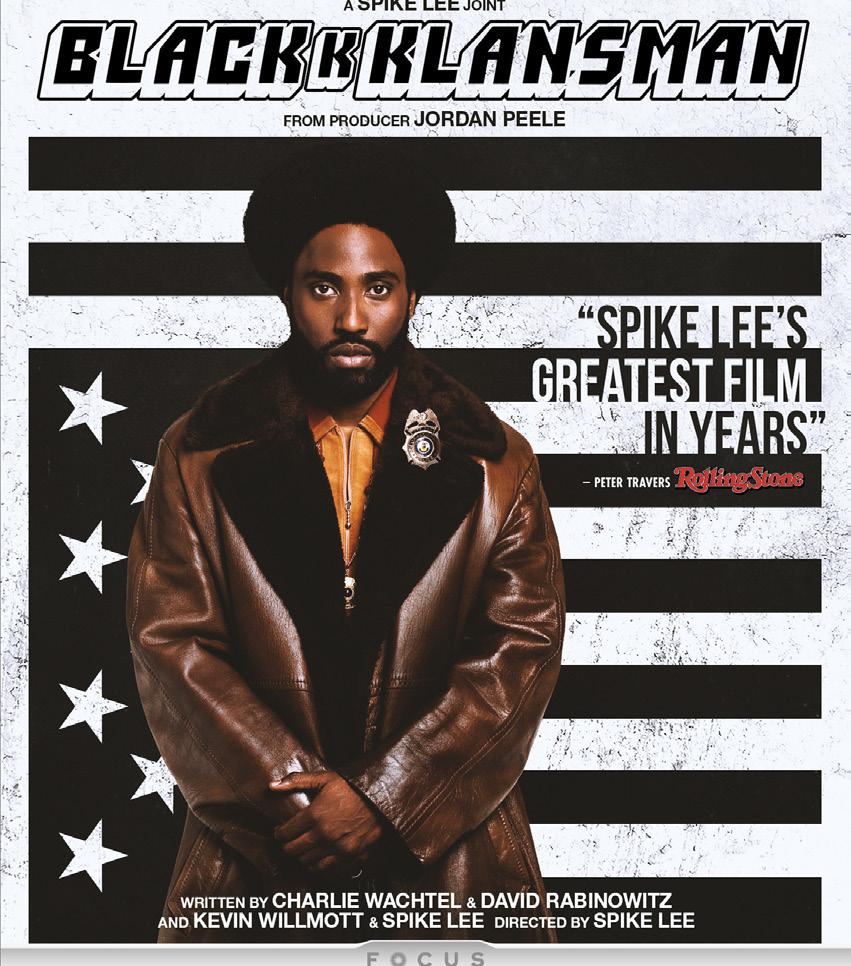
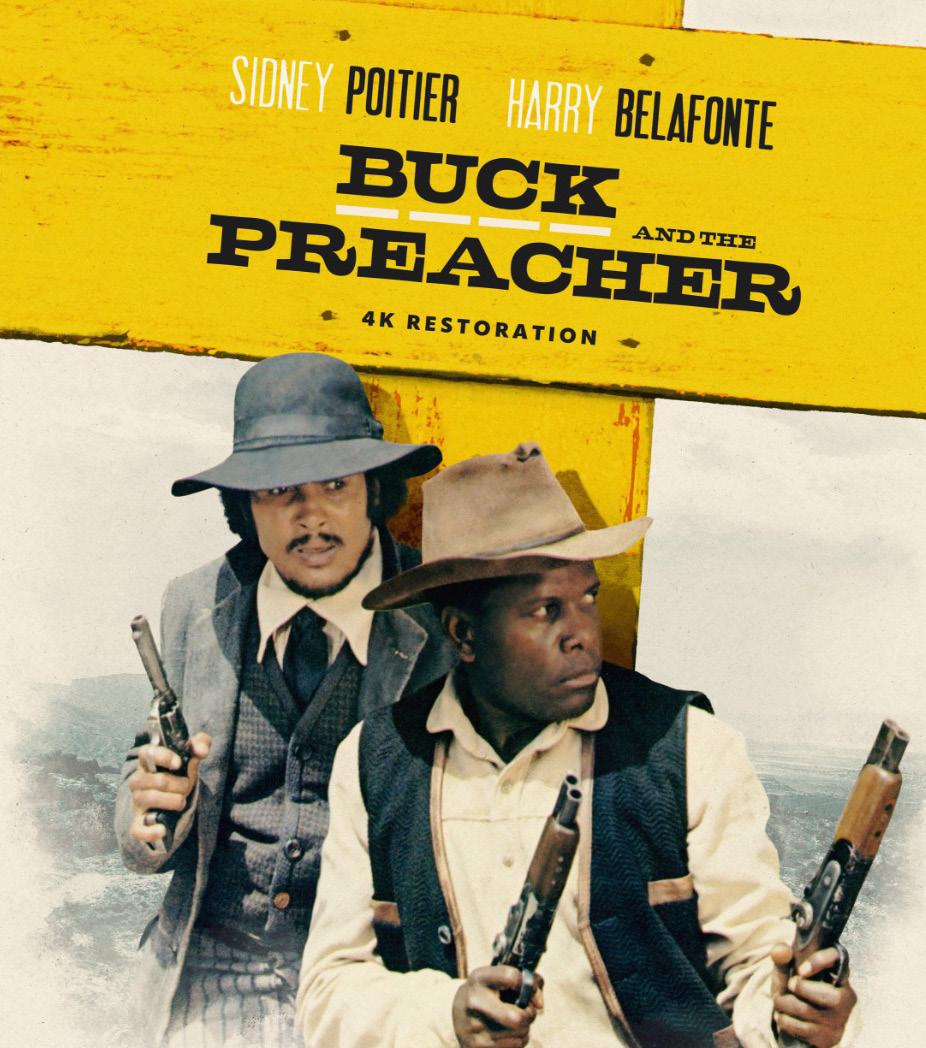
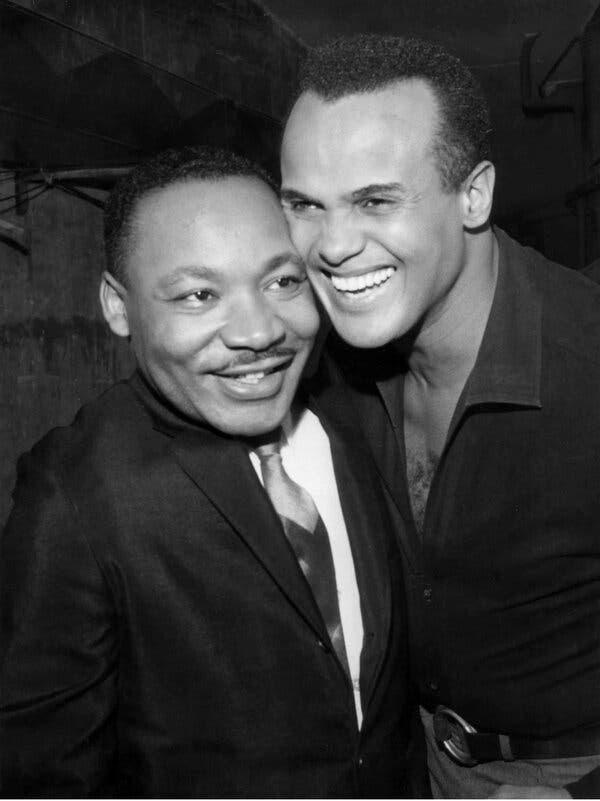
Belafonte is said to have married politics and pop culture. Belafonte's political beliefs were greatly inspired by the singer, actor, and civil rights activist Paul Robeson, who mentored him. Robeson opposed not only racial prejudice in the United States but also western colonialism in Africa. Belafonte refused to perform in the American South from 1954 until 1961.
In 1960, Belafonte appeared in a campaign commercial for Democratic Presidential candidate John F. Kennedy. Kennedy later named Belafonte cultural advisor to the Peace Corps. Belafonte supported Lyndon B. Johnson for the 1964 United States presidential election.
Belafonte gave the keynote address at the ACLU of Northern California's annual Bill of Rights Day Celebration In December 2007 and was awarded the Chief Justice Earl Warren Civil Liberties Award. The 2011 Sundance Film Festival featured the documentary film Sing Your Song, a biographical film focusing on Belafonte's contribution to and his leadership in the civil rights movement in America and his endeavors to promote social justice globally. In 2011, Belafonte's memoir My Song was published by Knopf Books.
Belafonte supported the civil rights movement in the 1950s and 1960s and was one of Martin Luther King Jr.'s confidants. He provided for King's family since King earned only $8,000 ($80,000 in today's time) a year as a preacher.
As with many other civil rights activists, Belafonte was blacklisted during the McCarthy era. During the 1963 Birmingham campaign, Belafonte bailed King out of the Birmingham, Alabama jail and raised $50,000 to release other civil rights protesters. He contributed to the 1961 Freedom Rides, supported voter registration drives, and helped to organize the 1963 March on Washington. He later recalled, "Paul Robeson had been my first great formative influence; you might say he gave me my backbone. Martin King was the second; he nourished my soul." Throughout his career, Belafonte was an advocate for political and humanitarian causes, such as the Anti-Apartheid Movement and USA for Africa. From 1987 until his death, he was a UNICEF Goodwill Ambassador.
During the Mississippi Freedom Summer of 1964, Belafonte bankrolled the Student Nonviolent Coordinating Committee.
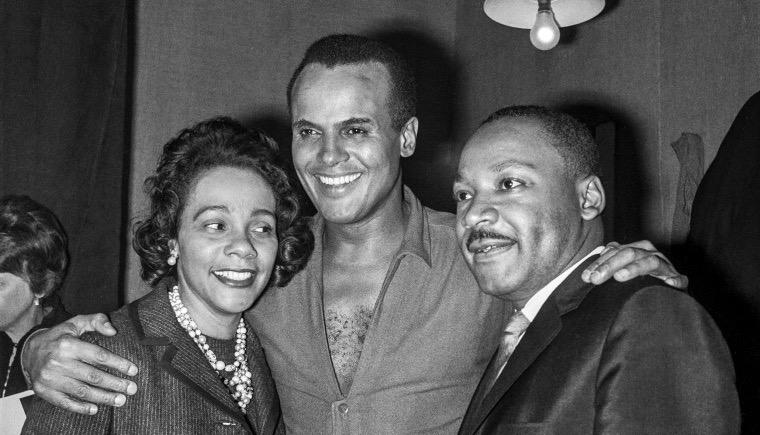
In 1985, Belafonte helped organize the Grammy Award-winning song "We Are the World", a multi-artist effort to raise funds for Africa. He performed in the Live Aid concert that same year. In 1987, he received an appointment to UNICEF as a goodwill ambassador. Following his appointment, Belafonte traveled to Dakar, Senegal, where he served as chairman of the International Symposium of Artists and Intellectuals for African Children. He also helped to raise funds— along with more than 20 other artists—in the largest concert ever held in subSaharan Africa. In 1994, he embarked on a mission to Rwanda and launched a media campaign to raise awareness of the needs of Rwandan children.
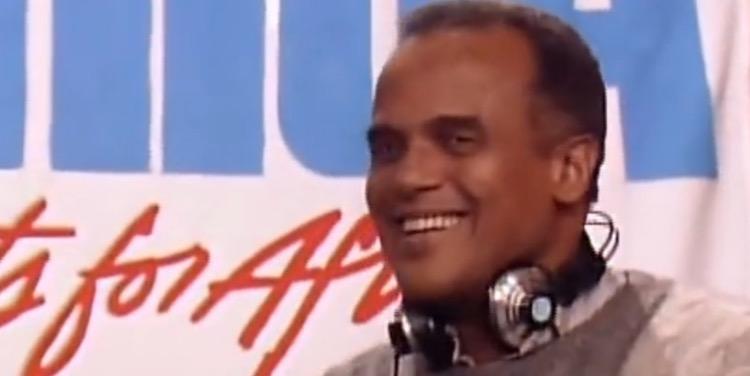
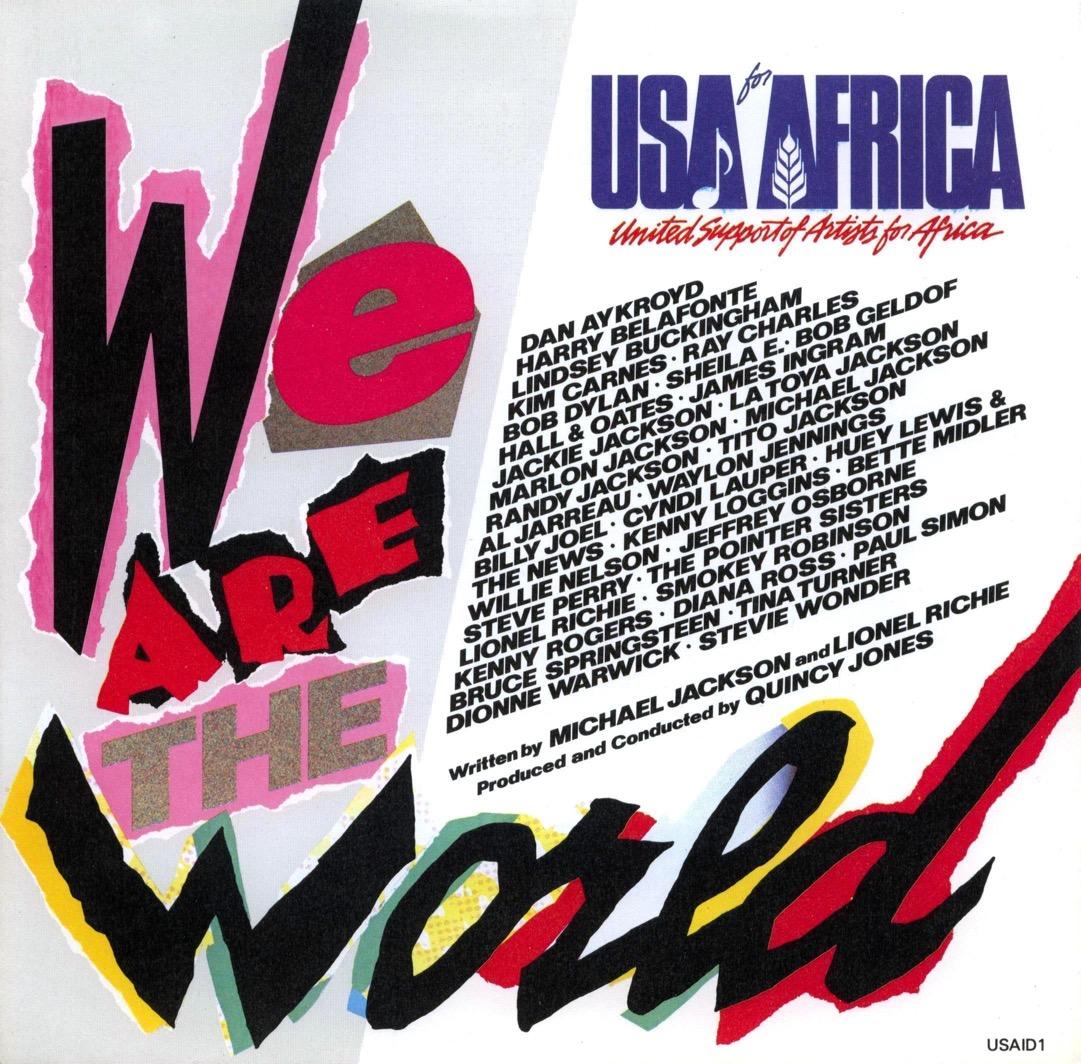
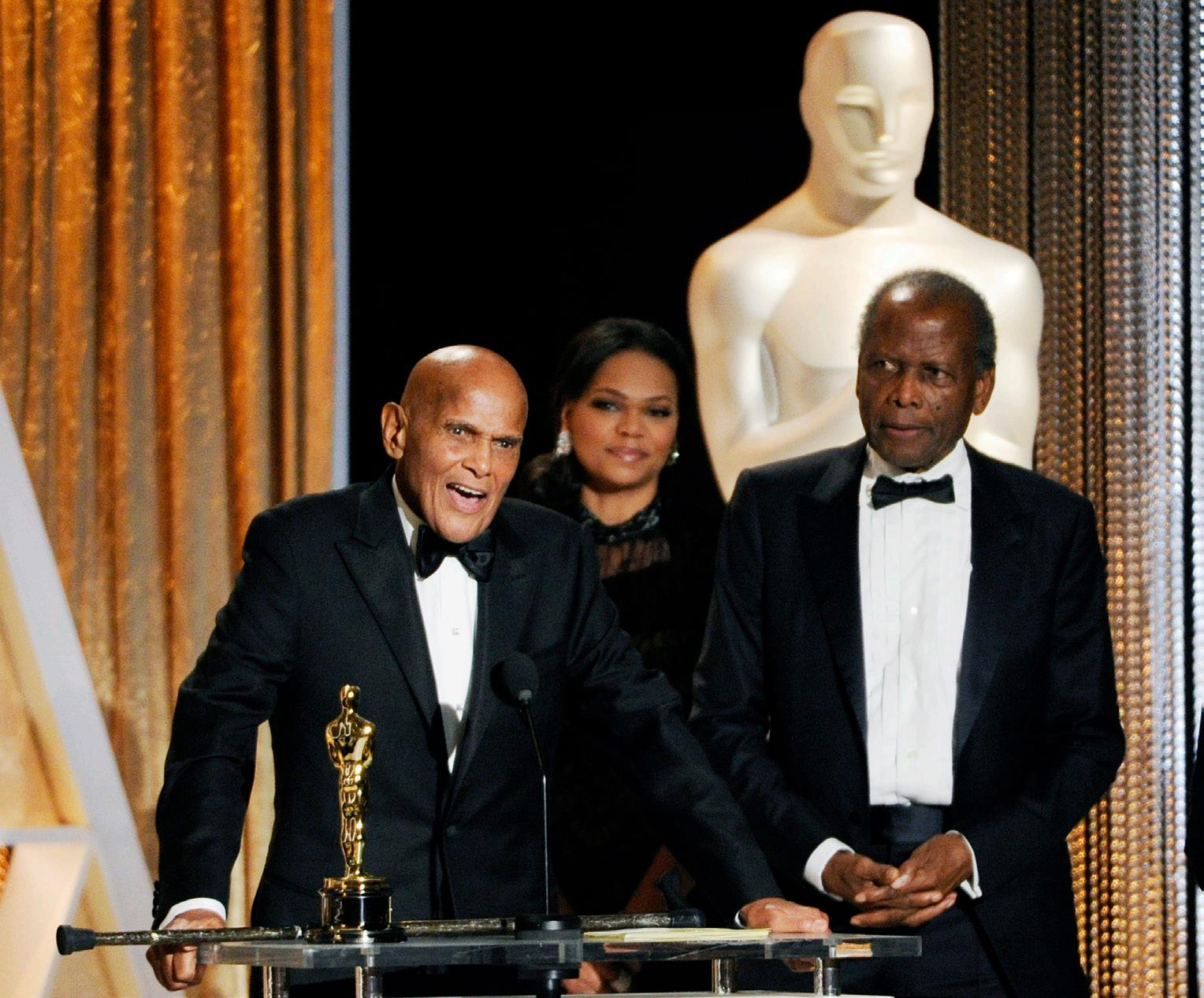
In 2001, Belafonte visited South Africa to support the campaign against HIV/AIDS.
Belafonte was a 3-time Grammy Award winner (including a Grammy Lifetime Achievement Award), an Emmy and a Tony Award winner. He received the Kennedy Center Honors, the National Medals of Arts, and the Jean Hersholt Humanitarian Award (honorary Oscar for his humanitarian work). He was inducted into the Rock and Roll Hall of Fame in 2022. Rest In Power, Mr. Belafonte.










